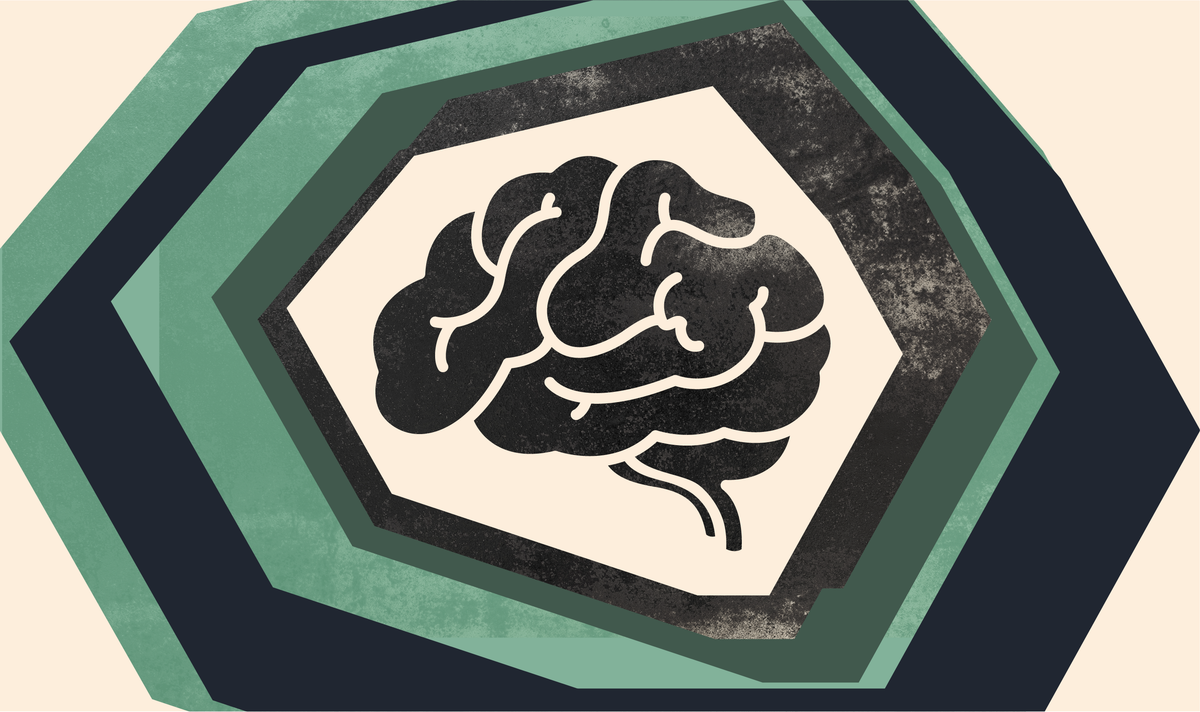Heat wave ushers in conversation about antidepressants and heat intolerance
Posts also called for more mental health resources geared toward men and LGBTQ+ youth.

Posts also called for more mental health resources geared toward men and LGBTQ+ youth.
As a heat wave sweeps across the U.S., recent social media posts discussed how some antidepressants can increase heat sensitivity. Other posts highlighted mental health resources for LGBTQ+ youth in the wake of federal funding cuts and encouraged men to seek support for mental health.
In light of these discussions, communicators may share tips for avoiding dehydration and heat-related illness for people taking antidepressants and recirculate mental health resources tailored to men and LGBTQ+ youth.

Insights brought to you by the reporters and science writers of Public Good News (PGN), a nonprofit newsroom dedicated to improving community health.
What’s trending nationally in conversations about mental health
In the past week, several social media users with large followings—including doctors—shared posts across platforms about how certain antidepressants can increase heat sensitivity, encouraging people to stay safe as summer temperatures rise. Recent social media posts mentioning antidepressants and heat received approximately 7 million views and 962,000 likes, comments, and shares as of June 25. Many commenters shared personal experiences with antidepressants and heat intolerance, said they were unaware of this risk, and asked how to manage this side effect.
Last week, articles reported that due to federal funding cuts, specialized services for LGBTQ+ youth calling the 988 Suicide & Crisis Lifeline will end on July 17. Online conversation about the move has been ongoing since April, when a leaked federal budget proposal revealed plans to defund the part of 988 that connects LGBTQ+ youth to counselors who are specifically trained to work with that community. However, anyone—including LGBTQ+ youth—can still call 988 to speak with a counselor. Many social media users across platforms spoke out against the funding cuts, noting that LGBTQ+ youth are at increased risk of suicide and may benefit from speaking with counselors who are trained to better understand their lived experiences. Several posts shared LGBTQ+ mental health helplines, and some social media users wondered why LGBTQ+ youth would need specialized support.
On June 10, an X user shared a post that read, “How do men take care of their mental health if they don’t talk to friends about their struggles and don’t find a therapist helpful?” The post continued gaining attention over the past two weeks, receiving approximately 17.4 million views, 3,200 likes, 3,400 reposts, and 2,200 comments as of June 25. Some commenters suggested that there are not enough mental health resources catered to men and encouraged men to seek support from mental health professionals and from each other. Others debated whether stoicism and self-reliance are helpful or harmful to mental health.

Recommendations brought to you by the health communication experts behind Infodemiology.com.
Recommendations for public health professionals
Each week, the Infodemiology.com team will provide messaging recommendations in response to some of the trending narratives outlined above. These helpful tips can be used when creating content, updating web and FAQ pages, and developing strategy for messaging about mental health.
As extreme heat becomes more common in the U.S., questions are likely to continue about how people taking antidepressants can avoid heat illness. Messaging may explain that many medications—including selective serotonin reuptake inhibitors (SSRIs), serotonin norepinephrine reuptake inhibitors (SNRIs), tricyclic antidepressants, benzodiazepines, and beta-blockers—can increase heat sensitivity. Messaging may emphasize that people who take these medications should continue taking them as prescribed by their health care provider. Communicators may also want to share tips for preventing dehydration and heat-related illness.
Conversations about LGBTQ+ youth mental health are persistent, especially as legal challenges and federal funding cuts impact this community. In response, communicators may highlight mental health resources tailored to LGBTQ+ youth, such as therapist databases where people can search for LGBTQ+-informed therapists, support groups, the Trevor Project’s hotline for LGBTQ+ youth, Trans Lifeline, and the LGBT National Help Center. Communicators may also stress that anyone—including LGBTQ+ youth—can still call the 988 Suicide & Crisis Lifeline and receive support from a counselor any time.
Trending posts about men’s mental health provide an opportunity to outline the signs of mental health conditions in men. Communicators may also recirculate mental health resources geared toward men, such as therapist directories to find local therapists who specialize in men’s issues, local support groups, and the ManKind Project, which connects men to peer support.
